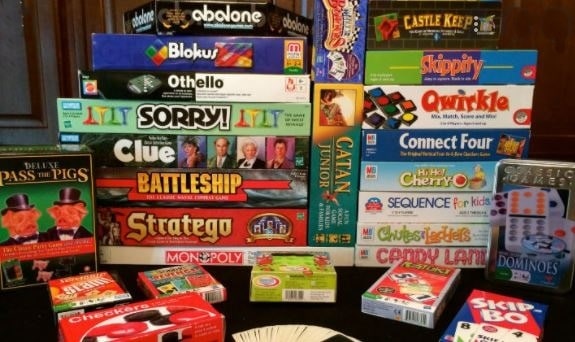As the COVID-19 continues to terrorize the world, many people are preparing to quarantine themselves once again. While some countries have somewhat eased their regulations, others continue to struggle with getting the number of COVID cases under control. Many people have begun preparing for an extended stay at home, whether encouraged by local officials or by personal choice.
If you can recall the time the news of the pandemic first broke out, desperation spread like wildfire. People started to panic buying and hoarding products such as toilet paper, water, and other cleaning and sanitary products. This time, we must all remember while there’s nothing wrong with preparing for any calamity that may befall, panic buying should be completely off the table this time.
Health and emergency officials have long suggested that every home have its emergency preparedness kit in case of any problems.
Whether the local authorities issue a quarantine or you self-impose one on you and your family, make sure to stock up on these prepper items.
Food

Food is one of the most basic necessities that you need to stock up on. Even though healthy, fresh fruits and vegetables have a very short shelf life and will very likely rot within the 14-day period. So, while there’s no harm in grabbing a few fresh fruits and veggies for the first few days of quarantine, you can’t completely rely on them as your only source of food.
When it comes to stocking up food, canned foods are the best choice. With a long storage life and almost little to no cooking required, canned options are strongly recommended when prepping for a crisis. Other products such frozen meat, frozen fish, beans, soups, broths, stews, fruit juices, boxed or powdered milk, seeds, and grains such as rice are good supply choices that you will need to survive the quarantine.
Other pantry staples such as salt, pepper, sugar, and other spices such as paprika are necessary to stock. Since most people love snacking, you should also consider loading up on some other foods and snacks such as crackers, nuts, dried fruits, granola bars, peanut butter, and jam or jelly. Also, you may need to include some specials foods for babies and family members with special dietary needs and even pet food.
Water and Liquids

Water is the essence of life on earth. Apart from being used for daily activities such as cleaning, drinking, cooking, or personal hygiene, water is also essential for disease prevention. Even though tap water may be constant, it’s best to have an extra supply of water just in case. The Center for Disease Control and Prevention suggests that everybody should have plenty of fluids on hand. This includes bottled water and other fluids containing electrolytes, such as Gatorade or Pedialyte.
Medicines

You need to have enough prescription and non-prescription medications to last you at least two weeks. While getting prescription medicines for anyone with a medical condition in your home should be a priority, don’t forget over-the-counter medicines.
Pain and fever medicines such as acetaminophen and ibuprofen are mandatory. Depending on whether you have a cold, the flu, or COVID, your doctor will recommend either one of the two. Cough medicines, including cough suppressants and expectorants, are also important. Lastly, you will need to purchase some good vitamin tablets to help strengthen your body and immune system.
First Aid Kit

Make sure to check your first aid kit at home before heading to the pharmacist. If you don’t already have a fully-stocked first aid kit at home, it is time you stock it up. As suggested by the American Red Cross, some of the basic items to include in a first aid kit include antibacterial ointments, gauze bandages, regular bandages, antiseptic wipes, and non-latex gloves.
Household Supplies

A majority of homes already have a 14-day supply of daily household items. However, whether you have it or not, it wouldn’t hurt to keep a few extra things around in case of emergency.
Toothpaste, toilet paper, feminine supplies, diapers, and laundry detergent are some mandatory household supplies that are used on a daily basis and have to be replenished quickly. If you already have a two-week supply of these items, calculate how many of these supplies you’ll need for an additional two weeks.
While we would probably pass by the disinfectant aisles before, now it’s become more important than ever to have an additional supply of disinfectant, especially in case any packages arrive at your doorstep. Also, remember to buy a few small and big bottles of hand sanitizer.
Lights and Power Sources

The CDC recommends every household to have flashlights and extra batteries (for all devices in your home that need batteries, such as hearing aids, remote controls, etc.). If possible, then you should also invest in a good backup generator just to be safe. Moreover, we usually tend to forget other important items such as car chargers and adapters, surge protector strips, and jumper cables should also be stocked up.
Entertainment-Related Items

While TV, mobile phones, laptops, and iPadsare sufficient to keep you entertained, it wouldn’t hurt to spend quality time with your family and bond over board games. Keep around some cards, board games, magazines, and other fun items that can help keep the family occupied.
During these highly uncertain times, it’s best always to remain prepared. If you currently have the ability to go to any supermarket, you should definitely stock up on these prepper items.


